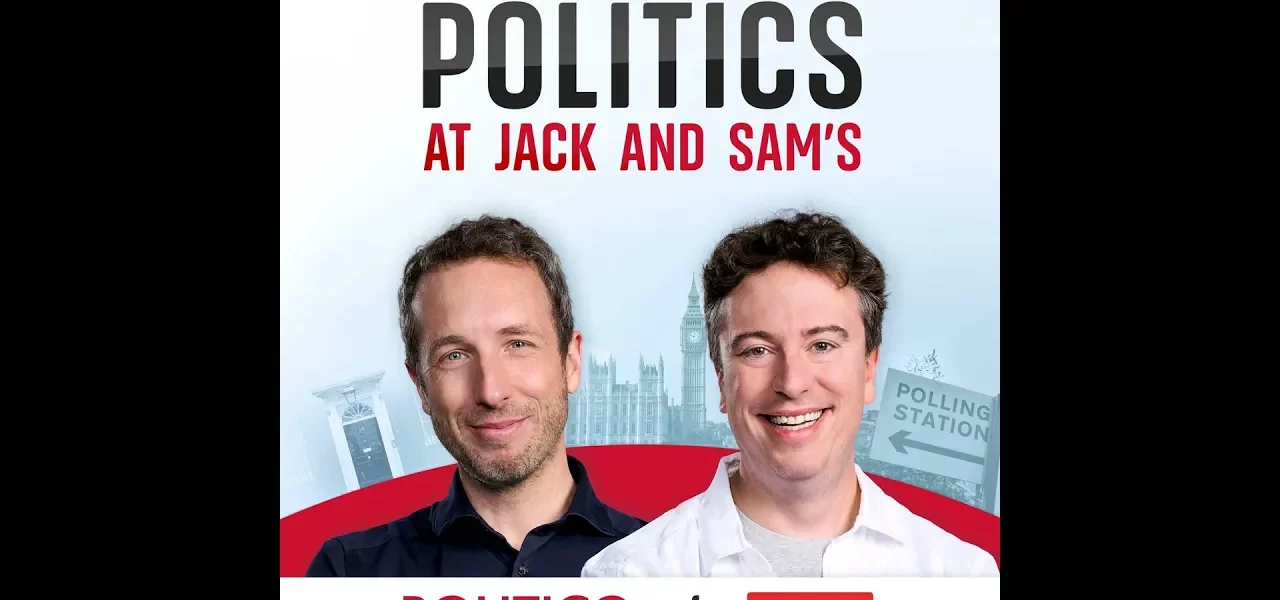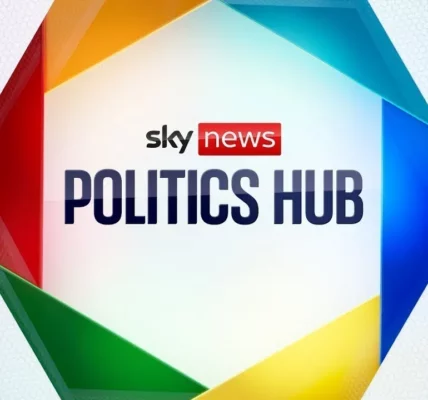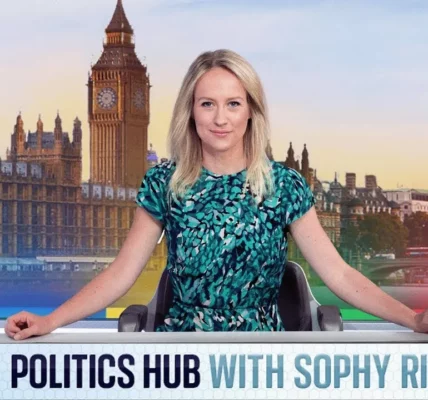Politics at Jack and Sam’s Daily: Election Week Insights

Welcome to your comprehensive guide on the latest political developments in the UK as we approach the election day. Join Jack Blanchard of Politico and Sam as they unpack the strategies of main parties, key events, and the impact of international politics on the upcoming election.
Introduction
As we reach day 40 of the election campaign, the atmosphere is charged with anticipation. With just three days left until polling day, political leaders are ramping up their efforts in what can only be described as a whirlwind tour across the key battlegrounds. The election has unfolded like a biblical narrative, complete with unexpected twists and significant moments that will shape the future of the UK’s political landscape.
Current State of the Election Campaign
The ongoing election campaign has been a spectacle, filled with intense rivalries and strategic maneuvers. Political leaders are now in full swing, making last-minute attempts to secure votes in crucial areas. With only days to go, both major parties are focusing on the seats they believe will be pivotal in determining the election outcome.
The Leaders’ Campaign Strategies
Both Rishi Sunak and Keir Starmer are back on the campaign trail after a brief pause for the football match. Their schedules are packed with appearances in target constituencies where they hope to sway undecided voters. Their approaches, however, reveal much about their parties’ confidence in their chances.
- Keir Starmer is focusing on the home counties, targeting regions that have historically been strongholds for the Conservatives.
- Rishi Sunak is defending vulnerable Tory seats, emphasizing his party’s achievements while attempting to undermine Labour’s credibility.
Labour’s Campaign Moves
Targeting the South
Starmer’s decision to campaign in traditionally Tory areas like Hertfordshire and Oxfordshire indicates a strategic shift for Labour, reflecting a belief that they can reclaim lost ground. This marks a significant change from past elections where Labour struggled to gain traction in these regions.
Key Messaging and Public Perception
Labour is also working on rebranding its image under Starmer’s leadership. However, recent polling suggests that public awareness of Starmer’s background and policies remains limited:
- Many voters are unaware of his previous career as a lawyer.
- There are misconceptions about his financial background and interests.
- Starmer’s attempts to connect with voters through personal narratives have not resonated widely.
Conservative Party’s Position
Rishi Sunak’s Campaign Tactics
Sunak’s campaign is characterized by a defensive approach, focusing on retaining control in contested constituencies. His recent statements, claiming that Vladimir Putin is “dreaming of a Labour victory,” are part of a broader strategy to instill fear of a Labour government among Tory voters.
Challenges Ahead
Sunak faces significant challenges, not just from Labour but also from rising alternative parties like Reform UK, which threaten to siphon off Conservative votes. This multi-front battle complicates the Conservative narrative and could lead to unexpected outcomes on election day.
The Role of Smaller Parties
Amidst the major party battles, smaller parties like the Liberal Democrats are hoping to make substantial gains, particularly in what they term the “blue wall.” Their strategy focuses on regions where they believe they can capitalize on Tory vulnerabilities.
Lib Dems’ Ambitions
Ed Davey’s campaign is targeting disillusioned Tory voters, especially in areas affected by recent scandals. However, there are concerns that inflated expectations from predictive polling may lead to disappointment if they fail to secure the anticipated number of seats.
Internal Dynamics
Recent comments from former Deputy Prime Minister Nick Clegg have added to the uncertainty within the Lib Dems. His endorsement of Labour on social media raises questions about party unity and strategy as they approach the election.
International Implications: The French Elections
The recent legislative elections in France have significant implications for UK politics. The rise of the far-right National Rally presents challenges not only for Macron but also for the UK government, which may need to navigate a more complex relationship with a far-right French administration.
Potential Consequences for UK Policy
Should the far-right gain substantial power, there are fears about renegotiating key agreements that govern UK-French relations, particularly regarding border control and security measures. This situation demands careful observation as the UK prepares for its election outcomes.
Conclusion
The final days of the election campaign are pivotal for all parties involved. With strategies in place and public sentiment hanging in the balance, the outcomes will shape the future landscape of UK politics. As voters prepare to cast their ballots, it is crucial to stay informed about the evolving dynamics and implications of these elections. Join us again for more insights and analysis as we continue to cover this unfolding political narrative.
For further reading, check out our articles on Labour Party Strategies and Challenges Facing the Conservative Party.
“`




